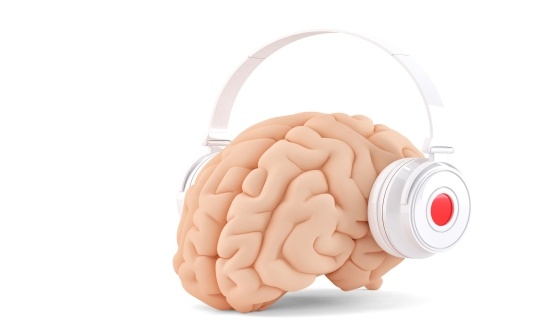

Hence, while teenage Benny may still interpret the world by anchoring in his experiences (“trains are everyone’s favorite toy”), he adjusts his perceptions and beliefs by factoring in other perspectives to reflect a more holistic truth (“trains might not be everyone’s favorite toy”). As we age, we develop the capacity to acknowledge that other people may be different than us, and have different perceptions of the world. At his young age, Benny does not consider the existence of other perspectives rather, he assumes his is universal. When we were younger, we may have believed that other people shared our views of the world because our judgements were objectively reflective of reality-a phenomenon called “naive realism.” For example, when you ask little Benny what his dad’s favorite toy is, he responds with his favorite toy, trains, because he believes trains are the best toy, and therefore everyone’s favorite.

Surprise! You and I are innately egocentric. Would you do it? What if I told you that you’d feel more inclined to hit those high notes in front of your peers by the end of this article? Well, let me introduce you to the spotlight effect in psychology: the tendency to think that others notice us, our actions and appearances, more than they actually do. The teacher asks for a volunteer to sing their favorite song in front of the class.


 0 kommentar(er)
0 kommentar(er)
